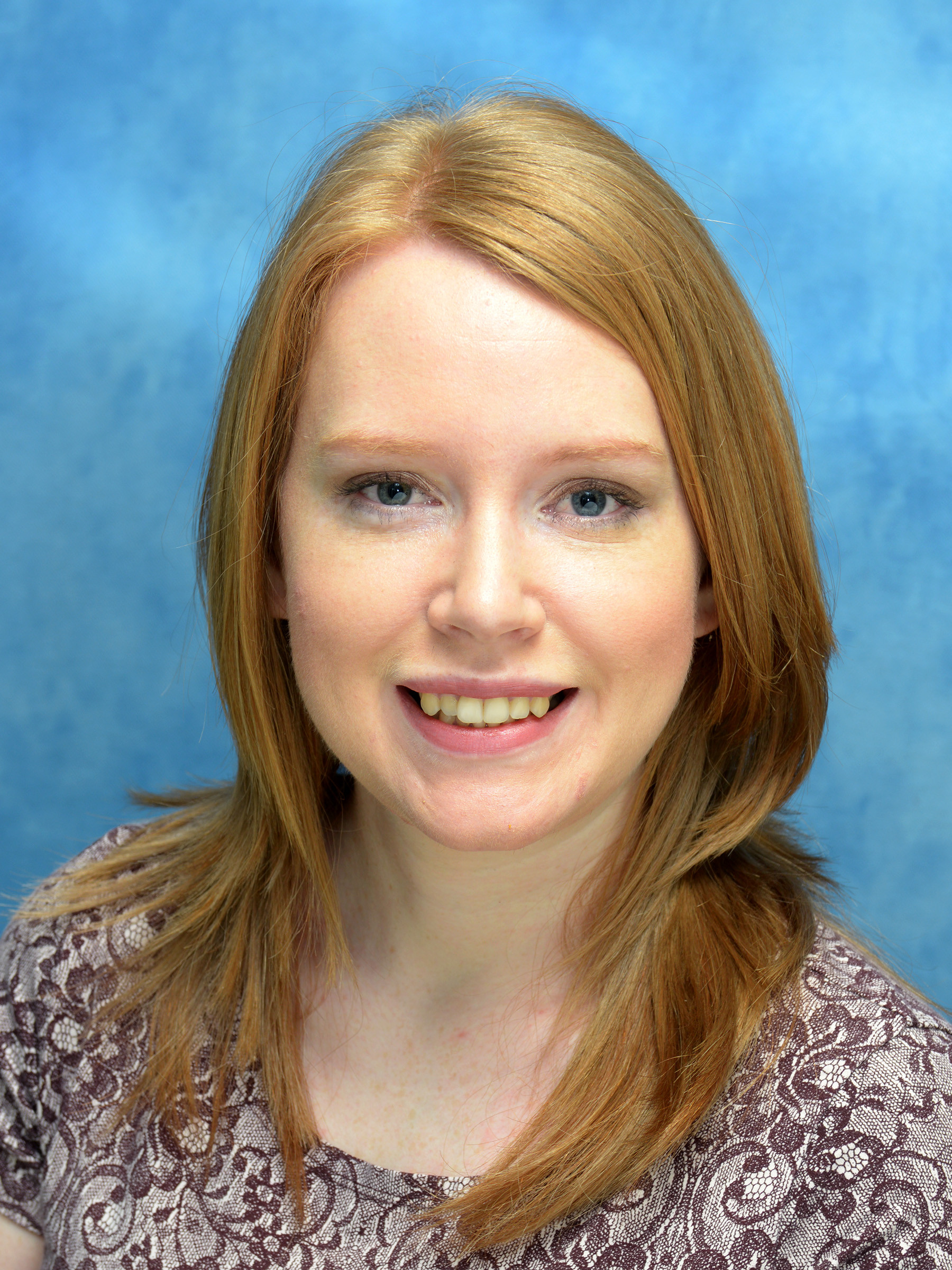Event summary
Date
Start Time
End Time
Bru Chaoimhin, Dublin, Dublin
Sensory Processing generally refers to the ability of an individual to register sensory information, make sense of that information, and to respond to it. This is a complex and fluid process involving all the sensory systems, auditory, gustatory, visual, olfactory, tactile, proprioceptive, and vestibular. When sensory processing is working well, an individual’s responses to sensory information are positive and support interaction. However, sensory processing difficulties are quite prevalent in the profiles of young people with autism and can affect every aspect of life and development.
This session examines the sensory processing differences frequently associated with autism and will demonstrate how such difficulties impact on learning, leisure activities and choices, social interactions and behaviour at home and in school.
Expected Outcomes:
Parents and family members will
• Develop a basic understanding of some of the sensory processing differences in autism.
• Understand how sensory processing differences can affect the young person’s experience in school and at home.
• Gain knowledge of strategies, which will assist in meeting the young person’s sensory needs.
Location
Bru Chaoimhin
104-110 Cork Street
Dublin
Dublin
Get Directions

Eleanor McStay
Event summary
Date
Start Time
End Time
Bru Chaoimhin , Dublin , Dublin
